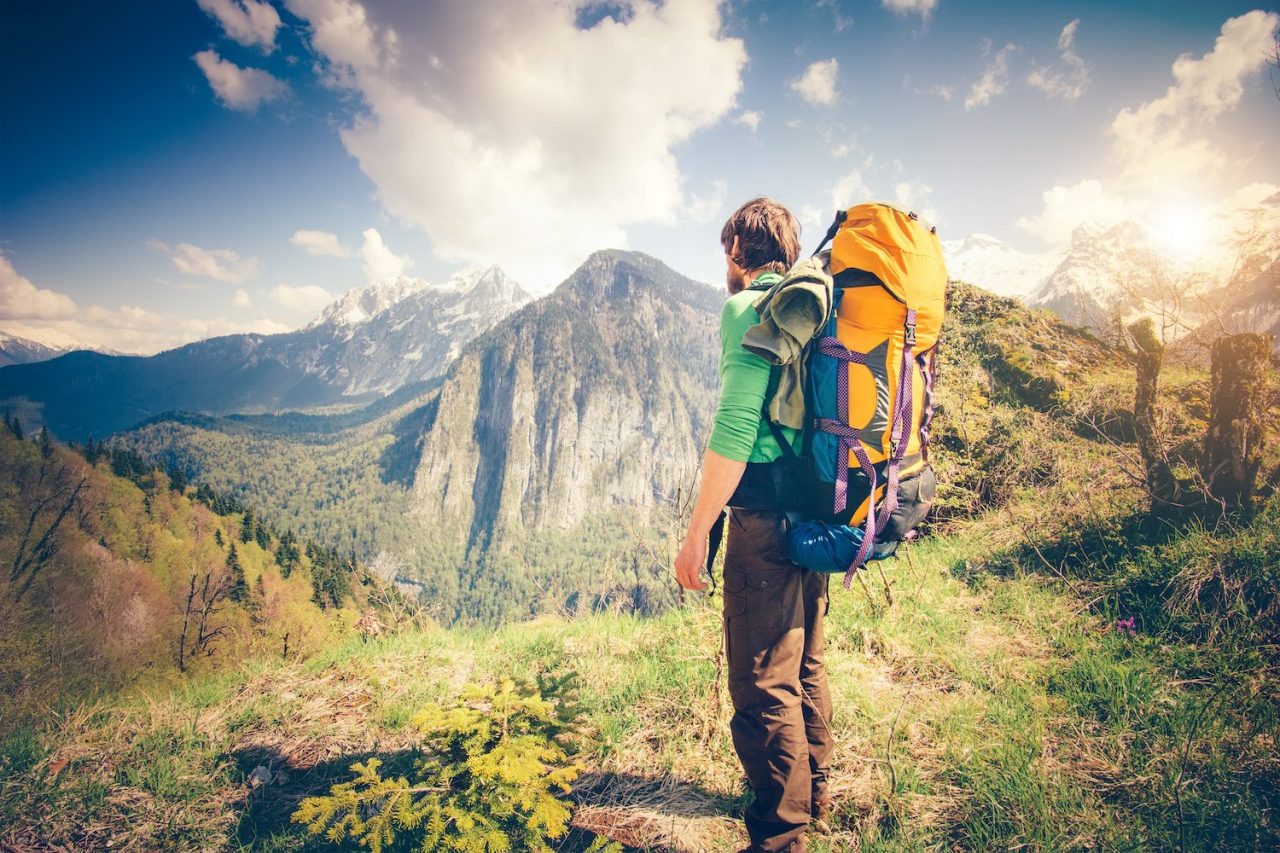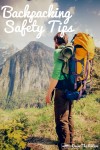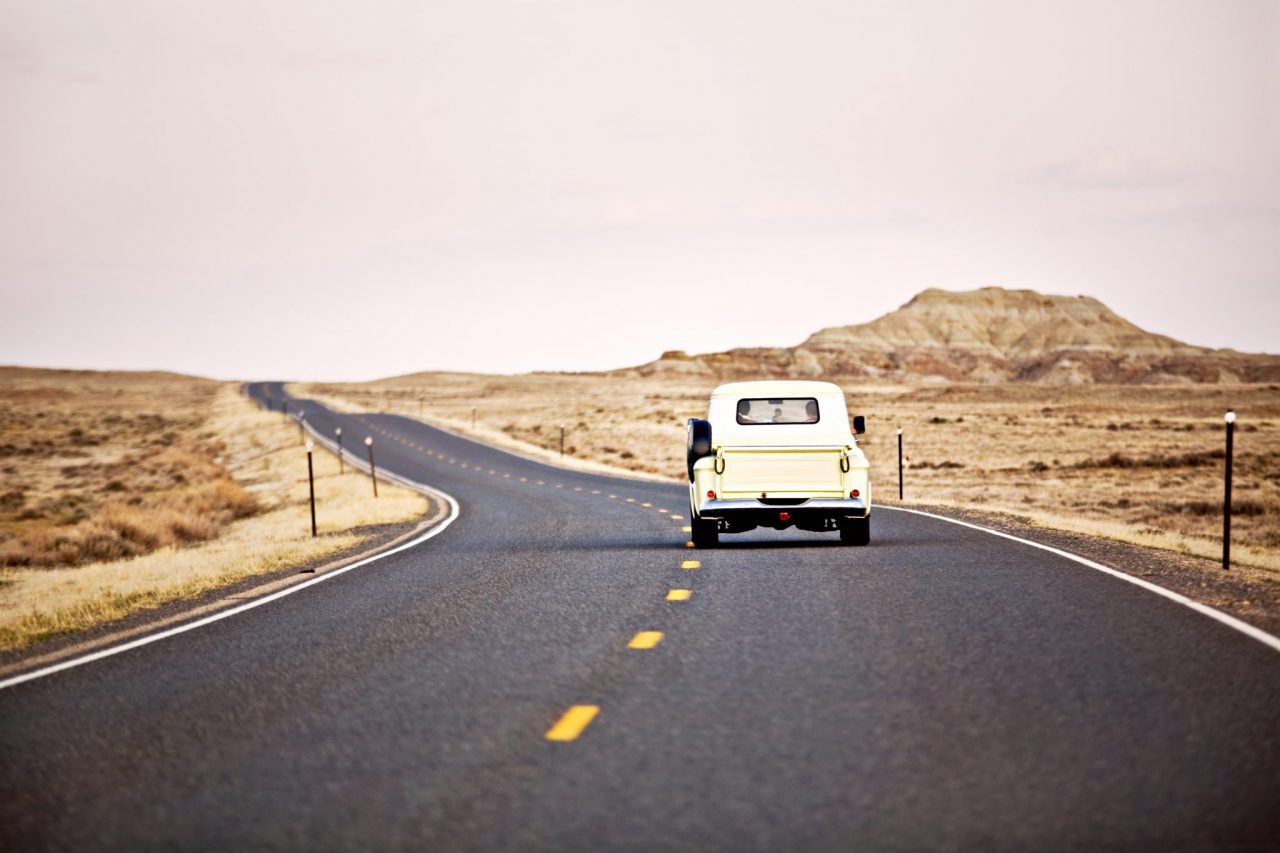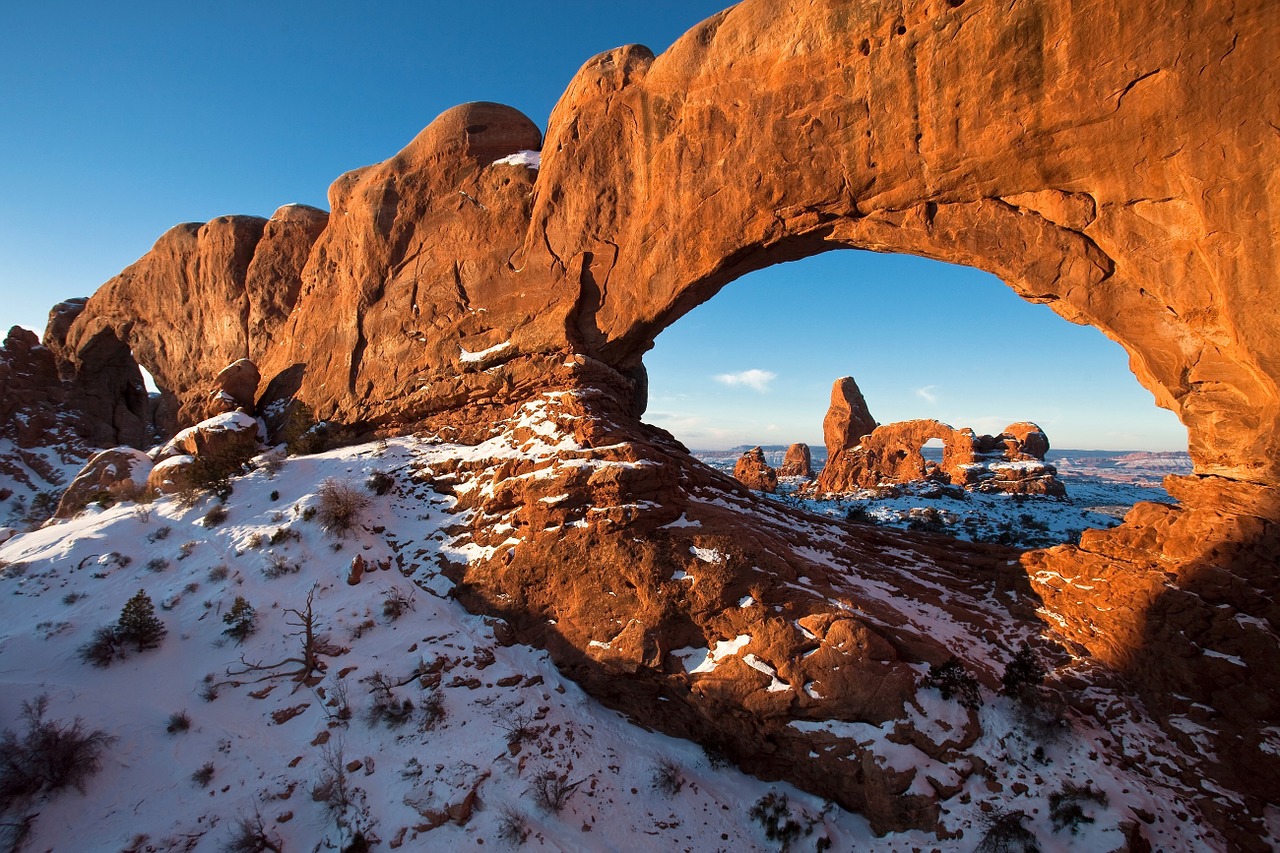Backpacking is one of the best ways to connect with nature. It’s just you, the woods, and well…your backpack! Although this can be one of the most extraordinary experiences one can endure, it can also be one of the most dangerous and risky if not done the right way.
Saftey First
Following safety protocol during hiking can save you and your travel partner(s) much distress and may help avoid unnecessary mistakes – such as losing your identification or getting dehydrated. Take a look at some of our simple backpacking safety tips to keep in mind the next time you plan on hitting the trails. For more detailed instructions, we love this Backpacking 101 list from Backpacker.com.
Tips
1. Make copies of all your important papers – such as birth certificate and passport, and keep them in a safe, watertight place, separate from the originals.
2. Have a plan and map out all the places you want to go ahead of time. Don’t simply rely on electronics/GPS for navigation; carry paper maps and a compass, too. This will help prevent you from getting lost or ending up in an unfamiliar location.
3. One of the most important tips is to always use your instincts and common sense! Don’t wander off the trail, don’t drink too much, don’t go somewhere by yourself, don’t accept a ride or anything from strangers, etc.
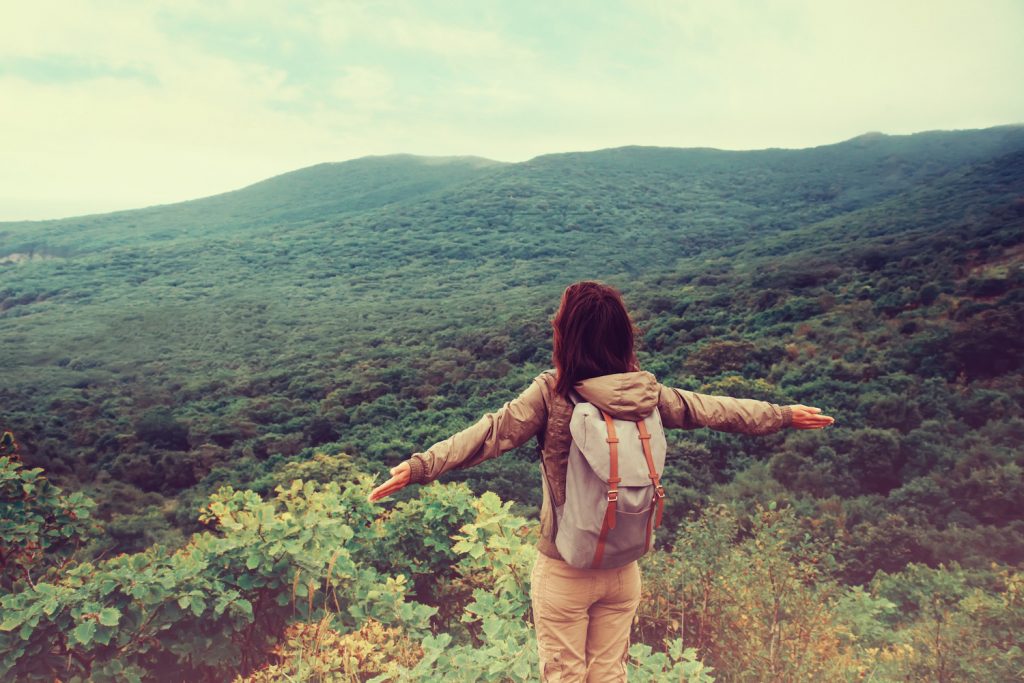
4. Be mindful of your belongings. There will be plenty of distractions along the way, so be sure to keep track of where you place your personal items.
5. Don’t flaunt your equipment. Standing out, making it known that you have an expensive piece of equipment with you like a fancy camera or computer could be dangerous. This can put you on the radar for thieves.
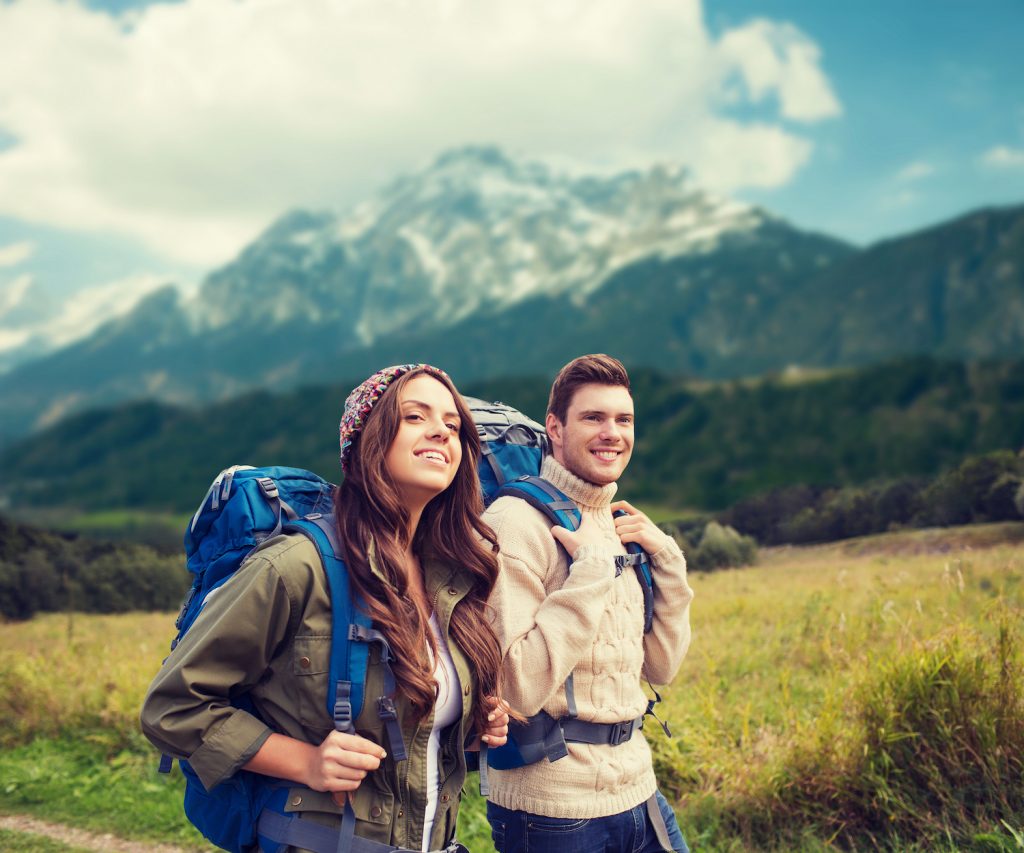
6. Never travel alone. If you have to, try to stick to trails that are well-traveled, or where there are other people nearby. If you do decide to backpack on your own, stick to a shorter trip in an area you’re familiar with – plus be sure someone at home knows your itinerary.
7. Stay hydrated and fueled up with clean water and high-energy food. Be sure to keep plenty of water and snacks with you during your hike.
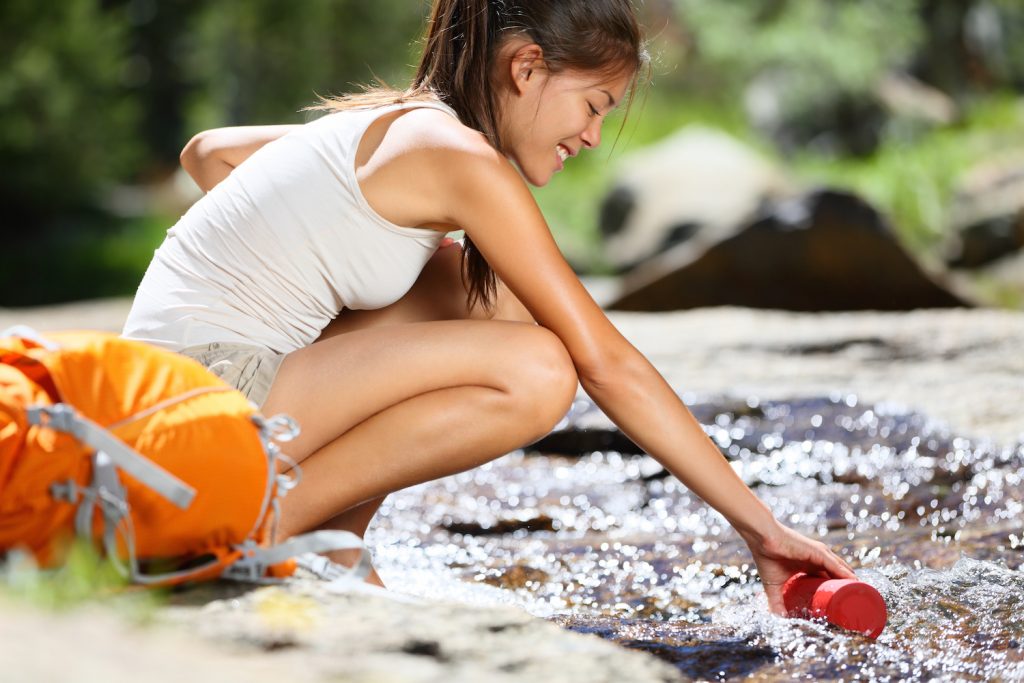
8. Be alert of your surroundings. Keep an eye out for poison oak/ivy, incoming storms, snakes and other hazards that may come up. Research what to do when encountering wildlife before you embark on your journey.
9. If a lightning storm were to occur mid-hike, stay off of high, open ground and away from single trees. Try to find many small trees in a low area to take shelter.
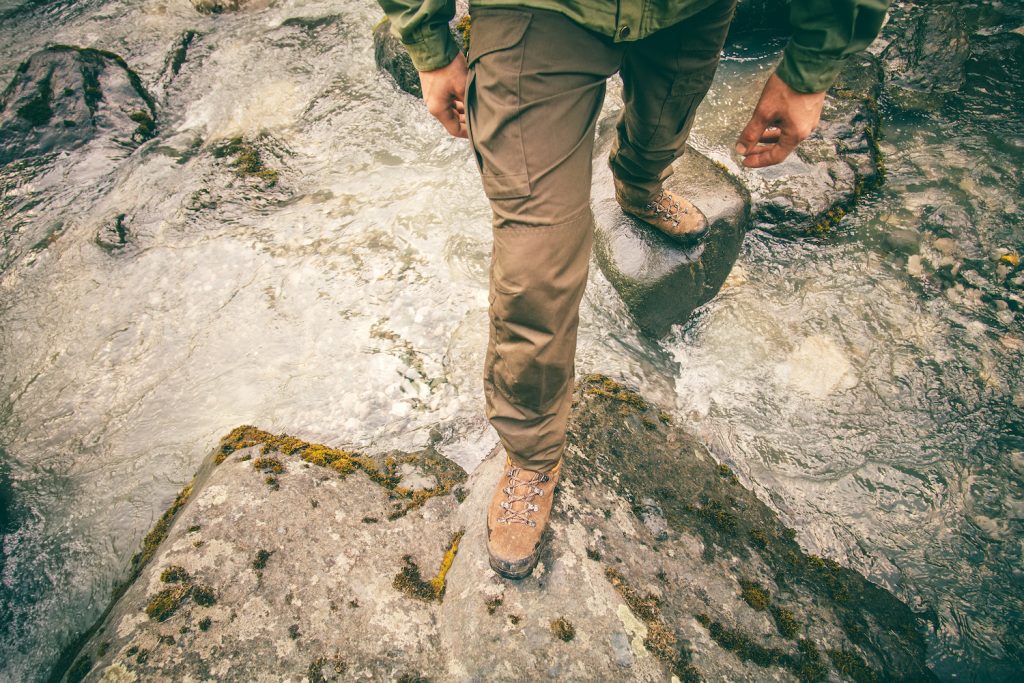
10. Keep a first aid kit handy with the following items: whistle, sun screen, insect repellent, matches, knife, chapstick, flashlight, emergency blanket, clothes, food, and raingear.
Are you an avid backpacker? Do you have any backpacking pointers? Tell us about your tips in the comments.

